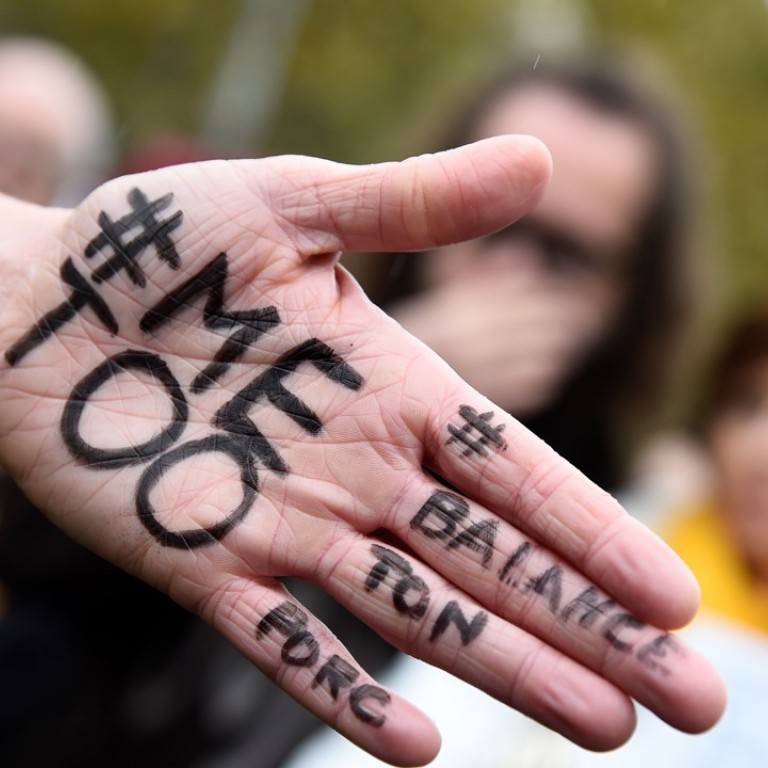
Hong Kong’s ‘#MeToo’ movement is only just warming up, and we have ways to go
In Hong Kong, even with an Equal Opportunities Commission focused on eliminating inequities, data show that the gender pay gap is 22 per cent – wider than the 19 per cent reported a decade ago.
So what was the single biggest news development of 2017? Here on the business pages, you could reasonably expect the answers “Trump”, or “Protectionism”, or “North Korea” or “Xi Jinping’s New Era”. No. For me, the most profound development of the year was “#MeToo”.
No surprise that the Financial Times’ “Person of the Year” was Susan Fowler. Who, you ask? Susan, a 26-year-old software engineer, in February blew the whistle on harassment and discrimination at Uber. Her Uber boss propositioned her for sex on the first day she joined his team.
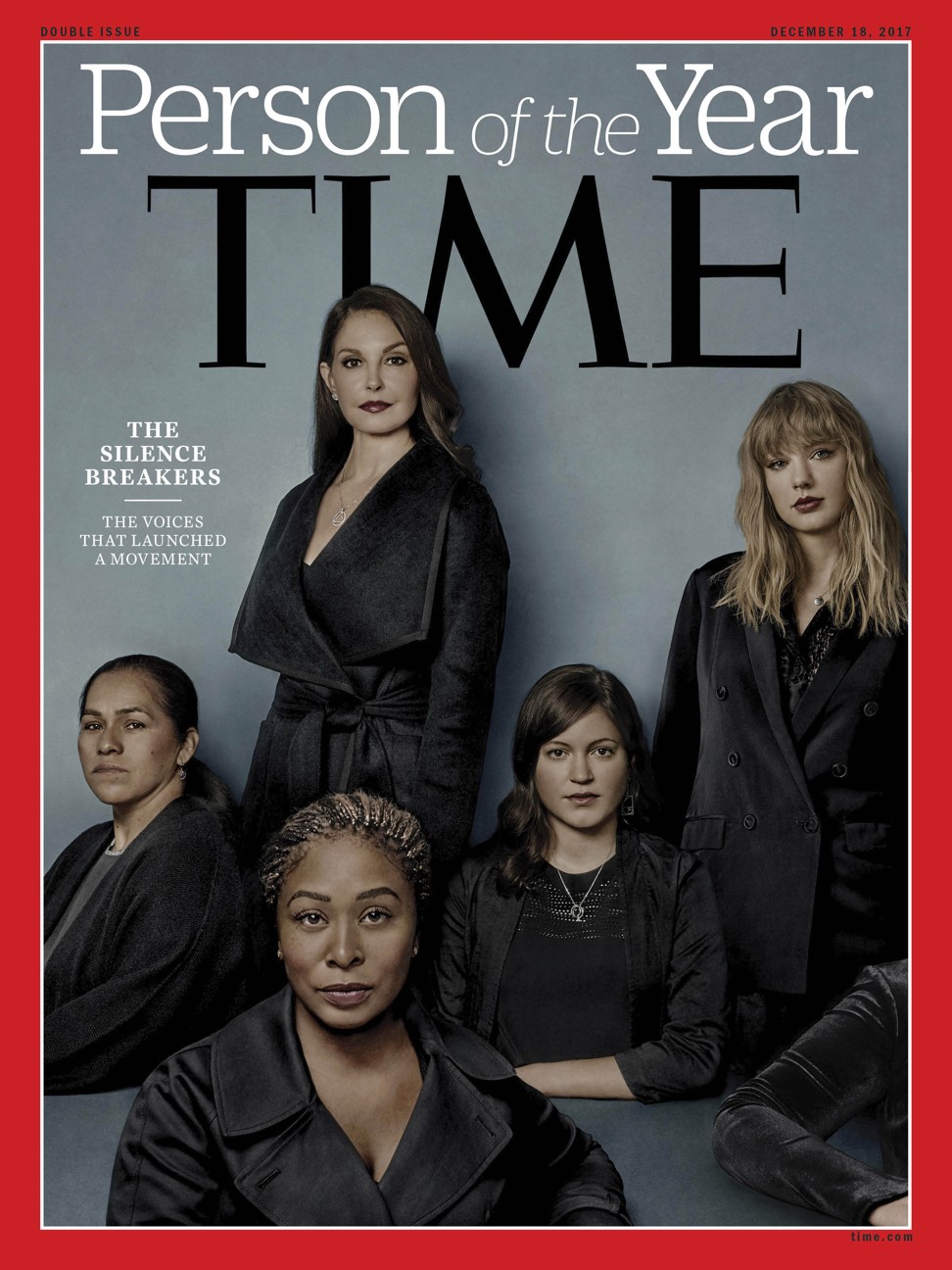
I suspect in a year’s time, Susan Fowler’s name will have been forgotten, but the cause she started is growing apace, with awesome potential consequences in the business world.
“All men have been served notice: you are no longer safe, whether it happened decades ago, or your victims are too intimidated or ashamed to expose you at the moment,” Yonden Lhatoo wrote in the South China Morning Post just before Christmas. “Be sure your sin will find you out.”
I have throughout my working life heard or read about examples of abuse, but on this scale? Even though I went to an all-boys school which inevitably retarded my ability to engage with females normally and naturally, my lifetime experience of women has been awesome.
As a kid, I grew up in a “feminine universe” with three younger sisters and a mum who dominated the home. Dad, always at work, was an outsider to the domestic power structure.
When I moved to Hong Kong, a new “feminine universe” was built around a strong wife, two equally strong and dynamic daughters, and an awesomely capable home helper. In the late 1990s, I joined my first “female company” – so named not just because it was headed by a core of brilliant executive women, but because it had an inclusive and cooperative culture that sharply contrasted with the brutal, bottom-line-results-focused “male” companies that I had previously worked for, and which I believe are still the norm today.
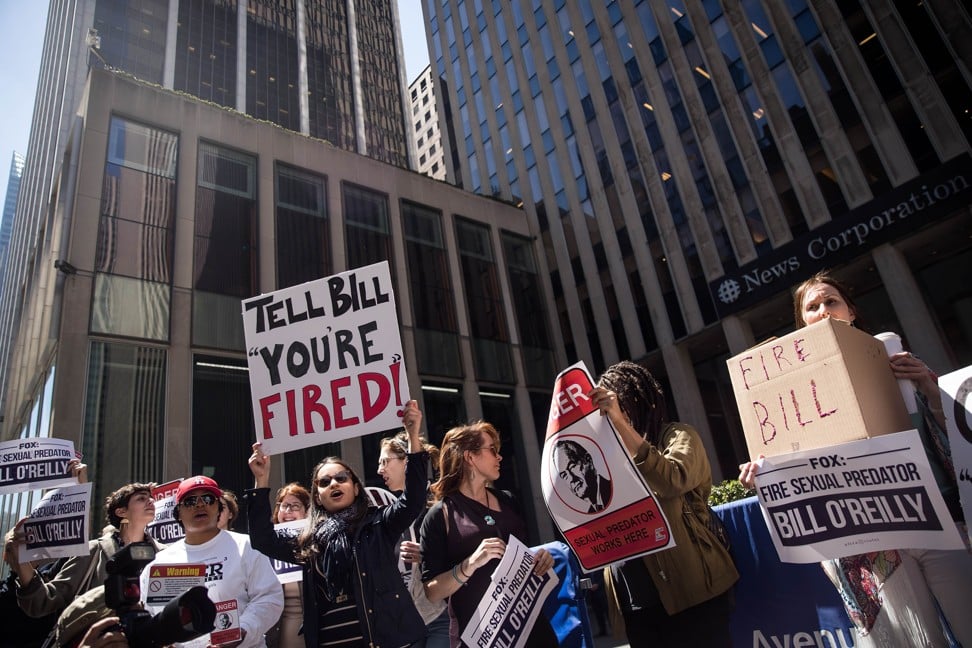
But that speaks to my naivety. I was sobered by Gloria Allred, the legal firebrand and feminist icon in the US who has for years been “on the front line” of legally prosecuting men’s bad behaviour: “Is it getting better? Are women treated equally? In employment? In education? In political life? In the sports world? In the entertainment world? In the business world? No. We are not there. We’re not close.”
The truth of her view squares with the facts of the “#MeToo” upsurge, as well as global data on discrimination in promotions, in salaries and in female workforce participation. The Financial Times’ Gillian Tett recalled recently that less than one 10th of tenured economics professors in the US are women – and that only one woman, Elinor Ostrom, has ever won a Nobel Prize for economics. Worldwide, just 12 central banks are run by a woman. Similar distortion is reported counting female chief executives, and women on company boards.
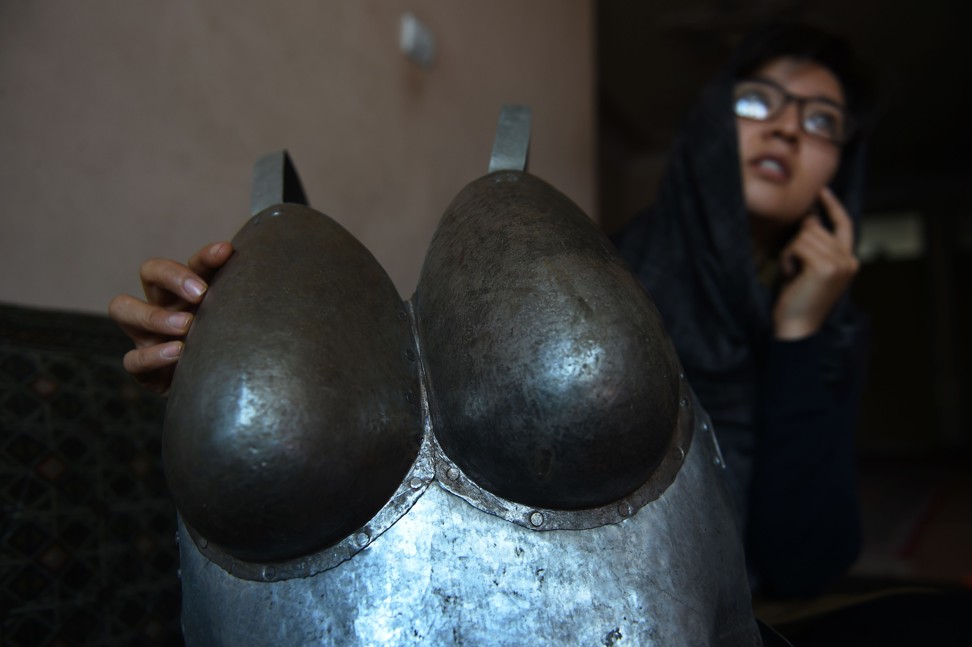
Note the current controversy in the UK over the BBC’s China Editor, Carrie Gracie, who in Beijing earned £135,000 (US$185,000) a year, compared with the £200,000 earned by her male counterpart in New York, and Prime Minister Theresa May’s preposterous distinction between “boy’s jobs” and “girl’s jobs”.
Note also the work done by McKinsey & Co., that identified the chauvinism that meant the labour force participation rate for men worldwide was 77 per cent, and for women just 50 per cent. According to McKinsey, this chauvinism - which push women out of the workforce when they marry or have children - cost the world economy around US$28 trillion in lost production.
I’m reminded of the brilliant film Hidden Figures, about the unrecognised genius of mathematicians Katherine Johnson, Dorothy Vaughan and Mary Jackson whose work made the Apollo space missions possible.
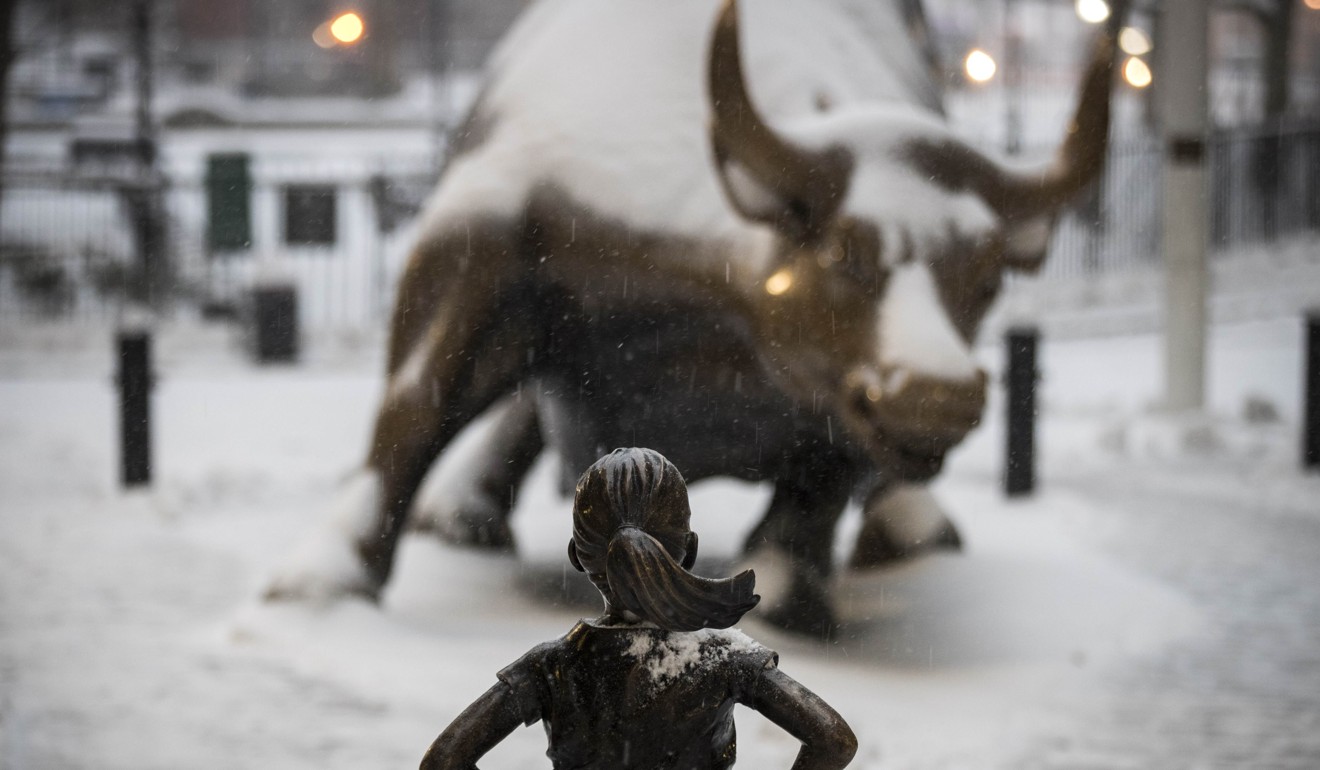
Even here in Hong Kong, with an Equal Opportunities Commission focused on eliminating such inequities, government data show that the gender pay gap is 22 per cent – even wider than the 19 per cent reported a decade ago. The Asian Development Bank reports that women in the region earn between 30-40 per cent less than men for the same work.
The journey will be long in part because of the deep, almost subconscious, chauvinism that lead to this discrimination. Note the recent Science magazine research that showed that “girls, by the age of six, are less likely to say that other girls are really, really smart”, and that they “start to avoid activities said to be for children that are really, really smart”.
While Hong Kong’s “#MeToo” campaign has yet to warm up, we have at least made one recent step in a chauvinistically correct direction.
For the first time in the 22-year history of the APEC Business Advisory Council, Hong Kong has at last appointed a woman – the Esquel Group’s Chairman Marjorie Yang – as an ABAC member. We are the last of APEC’s 21 members to break this barrier. Congratulation Margie. One small step.
David Dodwell researches and writes about global, regional and Hong Kong challenges from a Hong Kong point of view.

